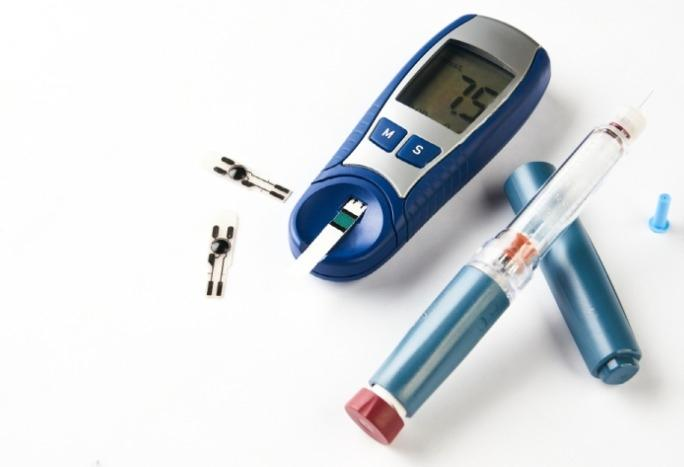
Different Types Of Diabetes & How They Affect The Body
There are several types of diabetes, each with its own causes, symptoms, and effects on the body. The main types of diabetes are:
Type 1 Diabetes: This type of diabetes occurs when the immune system mistakenly attacks and destroys insulin-producing beta cells in the pancreas. As a result, the body produces little to no insulin. Without insulin, cells cannot absorb glucose (sugar) from the bloodstream for energy. This leads to high blood sugar levels, which can cause symptoms such as frequent urination, increased thirst, extreme hunger, and weight loss. Type 1 diabetes typically develops in childhood or adolescence, but it can occur at any age.
Type 2 Diabetes: Type 2 diabetes occurs when the body becomes resistant to the effects of insulin or when the pancreas cannot produce enough insulin to maintain normal blood sugar levels. This type of diabetes is often linked to obesity, physical inactivity, and genetics. Type 2 diabetes is more common in adults, but it is increasingly being diagnosed in children and adolescents. Symptoms of type 2 diabetes are similar to those of type 1 diabetes and can include increased thirst, frequent urination, fatigue, and blurred vision.
Gestational Diabetes: Gestational diabetes occurs during pregnancy and usually goes away after childbirth. It occurs when the body cannot produce enough insulin to meet the extra needs of pregnancy. Gestational diabetes can increase the risk of complications during pregnancy and delivery, as well as the risk of developing type 2 diabetes later in life for both the mother and the child.
Prediabetes: Prediabetes is a condition in which blood sugar levels are higher than normal but not high enough to be diagnosed as type 2 diabetes. People with prediabetes are at an increased risk of developing type 2 diabetes, heart disease, and stroke. However, with lifestyle changes such as weight loss, healthy eating, and regular physical activity, prediabetes can often be reversed.
Other Types: There are other less common types of diabetes, such as monogenic diabetes (caused by a mutation in a single gene) and cystic fibrosis-related diabetes (a type of diabetes that occurs in people with cystic fibrosis).
Regardless of the type, diabetes can lead to serious health complications if not properly managed. These complications can include heart disease, stroke, kidney disease, nerve damage, and vision problems. However, with proper treatment and lifestyle changes, people with diabetes can live long, healthy lives.
